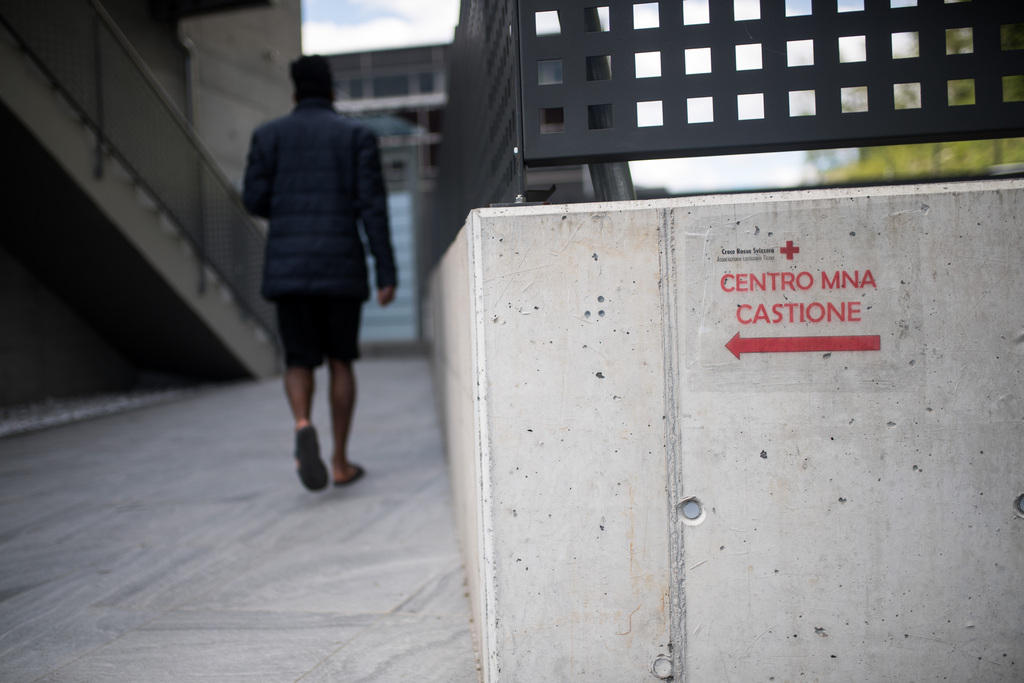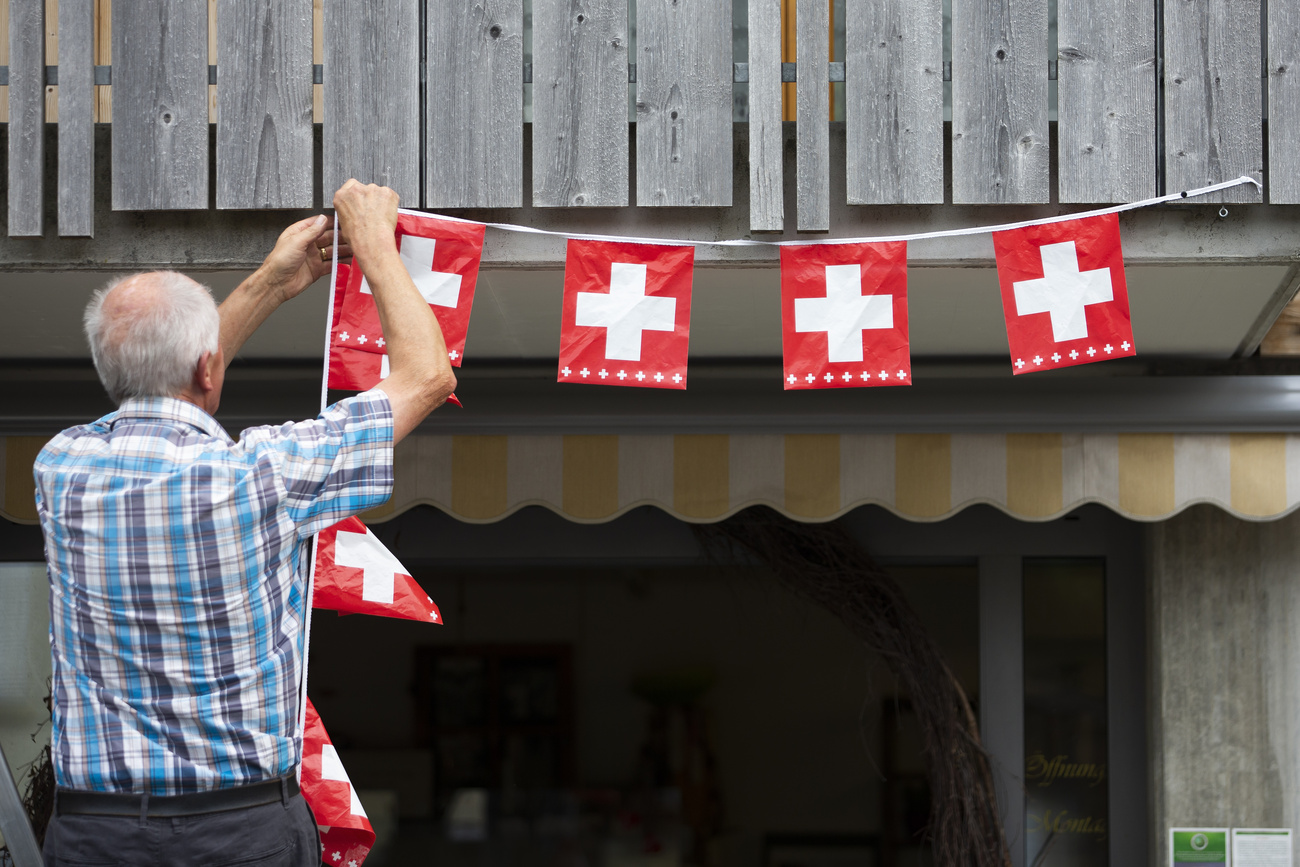
UNHCR urges Switzerland to improve care of unaccompanied minors

Unaccompanied minors who have fled to Switzerland without their relatives should benefit from welcome centres that are properly adapted to their age and protection needs, the United Nations Refugee Agency (UNHCR) has declared.
The comment was part of a series of UNHCR recommendations External linksent to the Swiss authorities and published on Tuesday, aiming to assist with ongoing reforms and improvements to Swiss asylum welcome centres and procedures, planned for 2019 at the earliest.
UNHCR said that globally Switzerland’s asylum centres functioned well and standards were “solid” compared to other countries.
But the UN agency said protected asylum sites should be considered that would include areas separated according to sex, while schooling should be adapted for minors. A contact person should be responsible for each youngster and only female officials should look after young girls, it said.
Switzerland has been criticised in the past for its asylum procedures regarding unaccompanied minors. The non-governmental organisation Terre de Hommes reported recently that in several cantons, minors are still sharing premises with adults. It urged the authorities to detain children separately for their own protection and in line with children’s rights.
Treatment of most vulnerable
UNHCR said asylum procedures should also be introduced to systematically identify disabled and elderly people, pregnant women, victims of violence, and lesbians, gays, bisexuals and transgender (LGBT) people.
It said asylum accommodation and staff should be properly monitored and the State Secretariat for Migration (SEM) should introduce standards and internal and external evaluation systems and the possibility for asylum-seekers to lodge official complaints.
Globally, it recommended fewer restrictions of movement and stronger measures to protect the privacy of individuals and families seeking refuge in Switzerland.
A report by the Centre for Human Rights Studies at Zurich University this year concluded that keeping asylum seekers from moving about freely has no proper legal basis under the Swiss constitution. The Federal Anti-Racism Commission ordered the expert report after asylum seekers were increasingly denied access to public swimming pools or sent away from playgrounds and public spaces around schools.
The UN agency said that other basic measures could have a major impact on asylum-seekers’ welfare, such as the possibility of undertaking public works programmes, language courses, and access to a mobile telephone to contact relatives and go online.
“The current reform is an ideal occasion to implement often simple and relatively cheap changes,” said Anja Klug, UNHCR’s representative covering Switzerland and Liechtenstein.
In 2016 Switzerland initiated major reforms to its asylum process to speed up around 60% of procedures, to concentrate cases in selected federal centres, and to try to make the system cheaper and fairer. A major challenge is the limited capacity of the federal asylum accommodation centres and the need to house 6,000-9,000 people in centres located in six regions across the country.

In compliance with the JTI standards
More: SWI swissinfo.ch certified by the Journalism Trust Initiative
















![The four-metre-long painting "Sonntag der Bergbauern" [Sunday of the Mountain Farmers, 1923-24/26] had to be removed by a crane from the German Chancellery in Berlin for the exhibition in Bern.](https://www.swissinfo.ch/content/wp-content/uploads/sites/13/2025/12/01_Pressebild_KirchnerxKirchner.jpg?ver=a45b19f3)











You can find an overview of ongoing debates with our journalists here . Please join us!
If you want to start a conversation about a topic raised in this article or want to report factual errors, email us at english@swissinfo.ch.